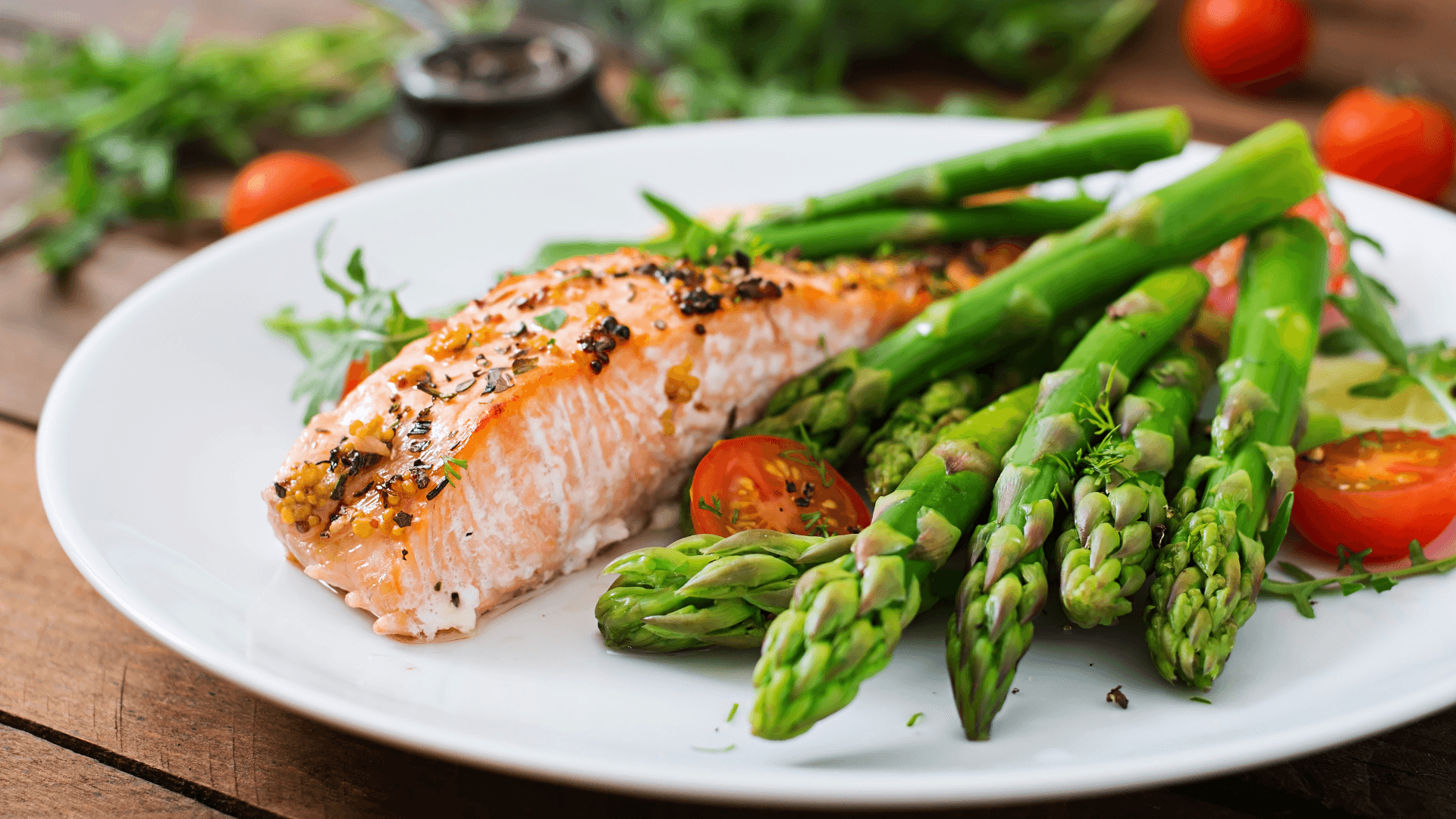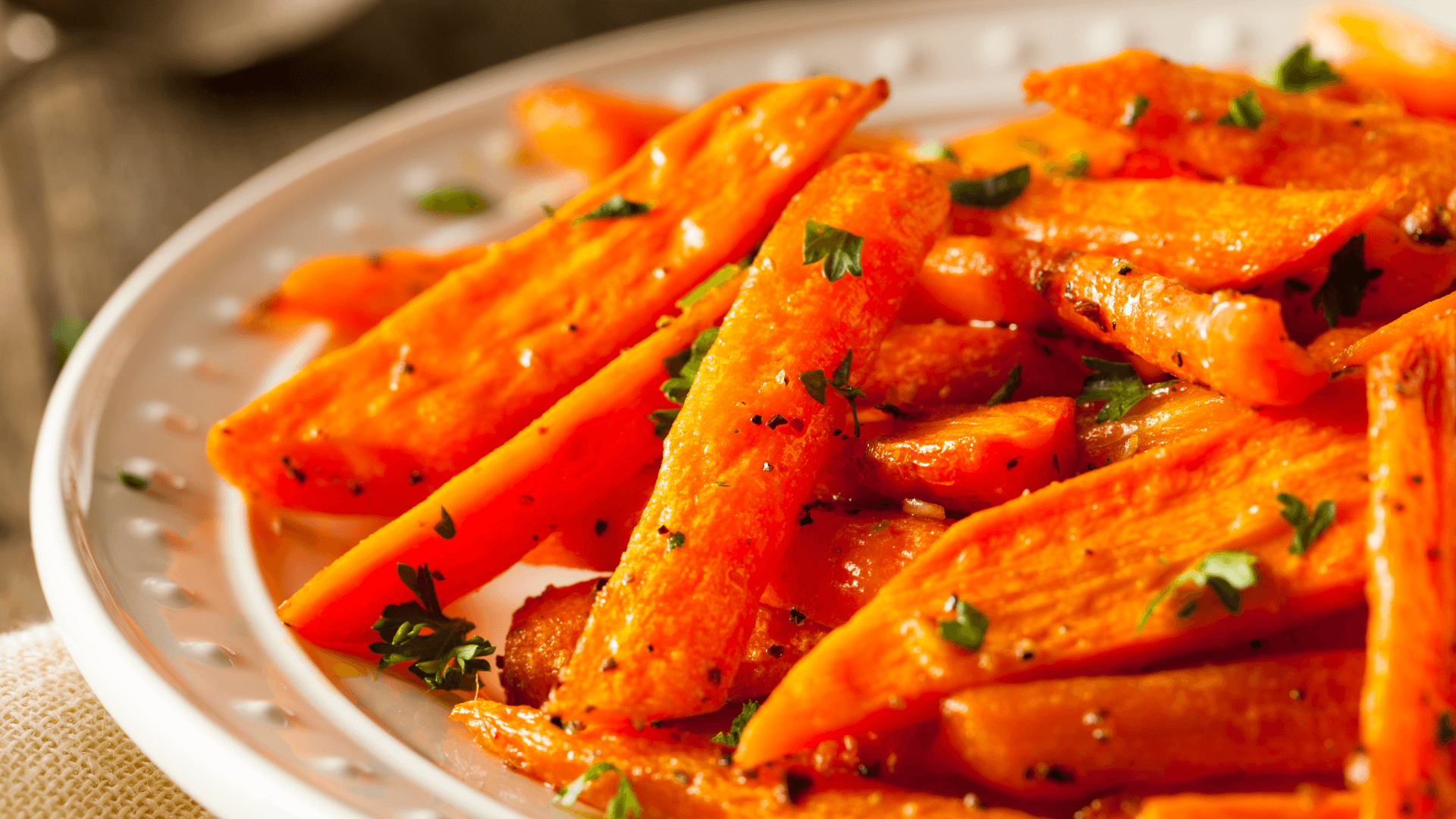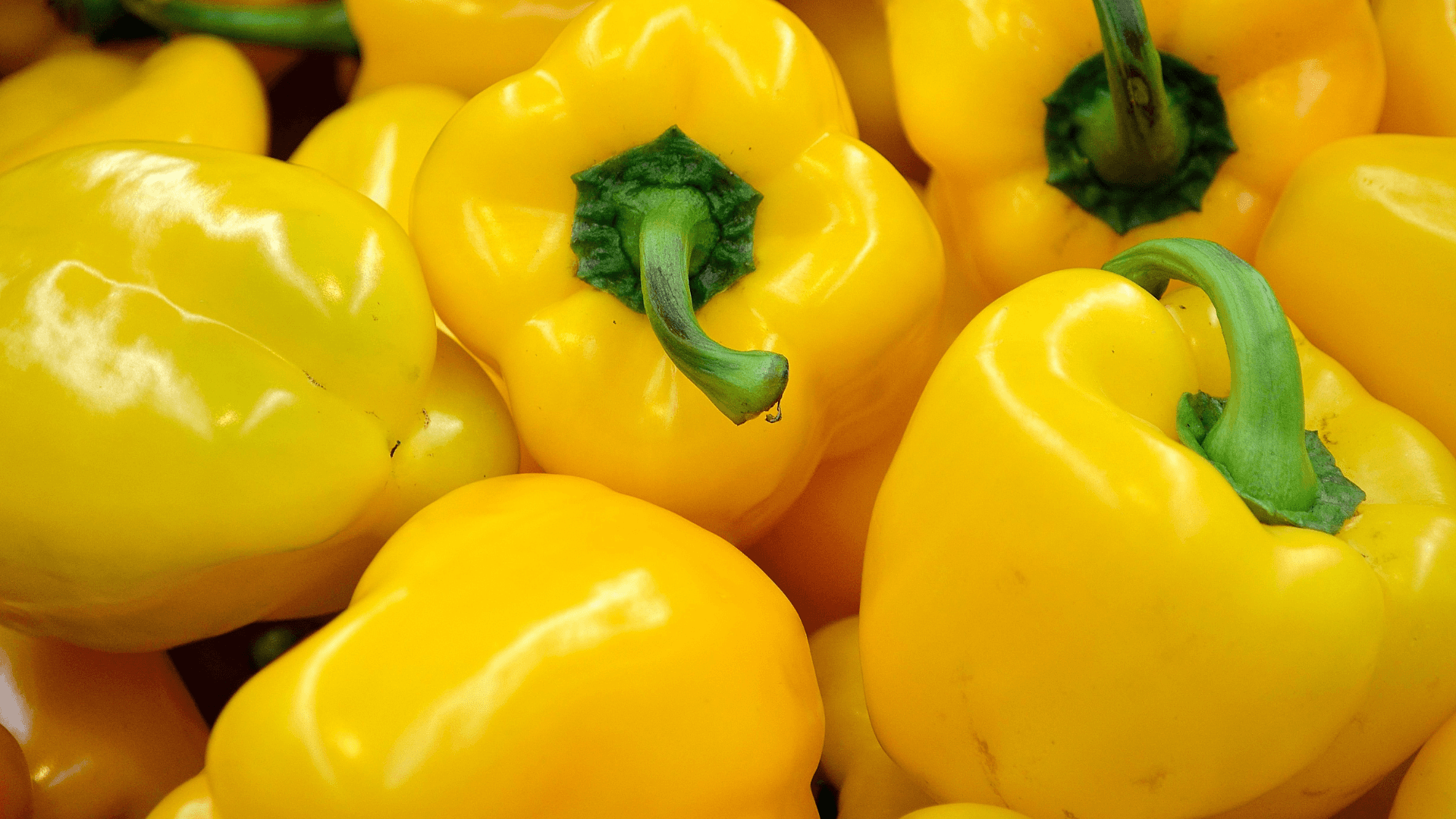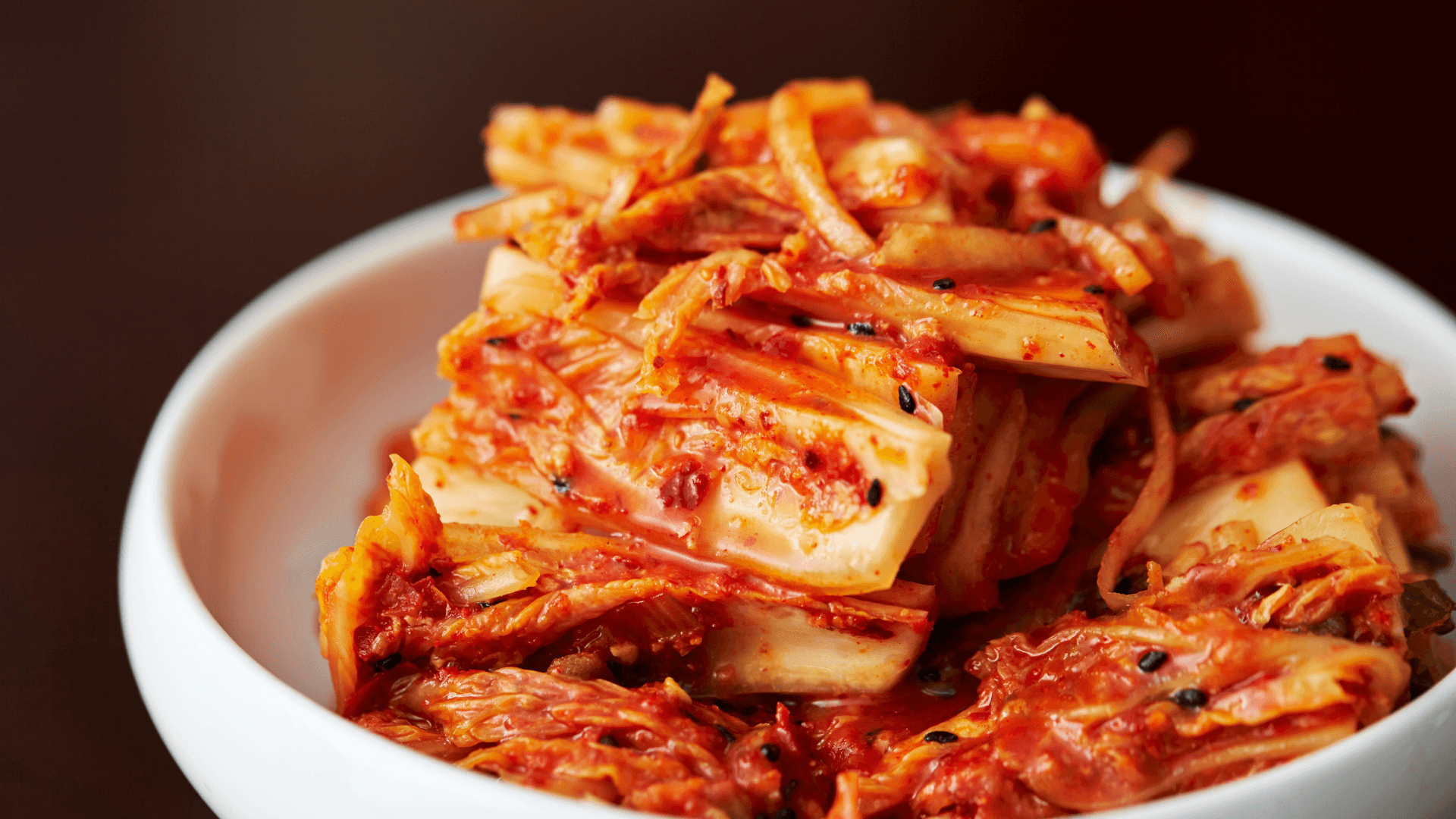21 Best Foods to Boost Immunity | Expert Nutrition Tips

Dr Linia Patel
Women’s Health Dietitian & Performance Nutritionist
- 13 March, 2020
- Immunity
- Diet & Nutrition
- 4 min read
21 Best Foods to Boost Immunity | Expert Nutrition Tips
As the world begins to recover from the pandemic, now is a really good time to think about how you can support your own immune system.
There are several key deficiencies that people commonly suffer from and although they’re more common during the winter months, as normal life resumes it is important to support our immune system during the transition.
What can you do to boost your immunity during this time? The answer is on your dinner plate!
Vitamin D

If you live in a northern climate with a true autumn and winter season, obtaining the right amount of vitamin D is critical for keeping your immune system firing on all cylinders. Vitamin D deficiency is associated with decreased innate immunity and increased risk for infections.4
The best part of a Food First approach to your nutrition strategy is that it provides you with nutrient-dense food choices. To keep your vitamin D levels from plummeting over the winter months, increase your intake with these five vitamin D containing foods:
- Cod Liver Oil – 1,400 IU per tbsp
- Cold-Water Fatty Fish – trout (645 IU per 3 ounce), salmon, or mackerel
- Medicinal Mushrooms – Portobello (375 IU per mushroom) or maitake
- Pork – 78 IU per 3 oz. serving
- Eggs – 44IU per egg
The Vitamin D Society recommends maintaining your vitamin D levels between 100-150 (nmol/l), so if you struggle with colds and flu, or low mood over the winter, then getting your levels tested would be beneficial.5
Vitamin A

If you are low in Vitamin A, it will significantly impair your mucosal immunity and leave you more prone to upper respiratory tract infections (URTI).6 If you work in an office, have kids in daycare or school, or train intensely than you’ll be a much greater risk of URTI.
Traditional diets around the world are loaded with nutrient dense meats that are the richest source of preformed vitamin A. You can also get significant beta-carotene (which converts to vitamin A) from fruits and veggies.
Try these five foods rich vitamin A foods to keep your immune system robust:
- Turkey and Beef Liver – 17,000 IU and 6,400 IU per 2.6 oz., respectively.
- Cod Liver Oil – 4,150 IU per tbsp.
- Sweet potatoes – 1,100 IU per medium size
- Pumpkin -1,000 IU per ½ cup
- Carrots – 700 IU per ½ cup
Vitamin C & Zinc

Vitamin C and zinc is a powerful combo for ramping up your immune army and fighting off bacteria and viruses. Vitamin C improves the response of neutrophils and lymphocytes, important immune cells that are the ‘front-line soldiers’ of your innate immune system.7,8 Zinc is essential for optimal function of your thymus gland, responsible for developing the ‘special forces’ immune cells of your adaptive immune system.9 This is the seek and destroy arm of your immunity, crucial for knocking out foreign invaders once they’ve breached your first-line of defence.
A nutrition strategy rich in animal protein is the best dietary source of zinc, while a mix of fruit and veggies are key for boosting your vitamin C intake (some sources may surprise you!). To ensure you’re meeting your body’s increased demands over the next few weeks, be sure to include the following foods:
Vitamin C
- Yellow Bell Peppers – 345mg per large pepper
- Broccoli – 92mg per cup (chopped)
- Kale – 80mg per cup (chopped)
- Orange – 70mg per fruit (medium)
- Kiwis – 64mg per fruit
Zinc
- Oysters – 33mg per 6 oysters
- Beef – 14mg per fillet (4.5oz.)
- Lamb – 7mg per 3oz.
- Pork – 4.3mg per 3oz.
- Ginger
Add A Probiotic

There is inherent ‘cross-talk’ between your gut and immune system, therefore ensuring the right balance of healthy microbiota in your intestinal tract will go a long way to fighting off colds and flus.10,11 Common fermented foods and Paleo staples like kombucha tea, sauerkraut, and kimchi, are great options for increasing ‘good’ gut bacteria. In addition, the polyphenols found in green tea also promote the growth of beneficial gut bacteria. If you struggle with frequent or persistent colds or flu, you may want to add a probiotic supplement to add further immune support.
Limiting the growth of ‘bad’ or dysbiotic gut bacteria is crucial to maintaining optimal intestinal microflora and therefore immunity. Short-chain saturated fats like butyric acid and lauric acid, found in butter and coconut oil, exert potent antimicrobial effects that help to keep bad bacteria in check.12,13
Enhance your diet by incorporating the foods richest in the key immune boosting nutrients – vitamin D, A, C, zinc, and probiotics – to increase your resiliency to colds and flu.
References
- [4] Youssef D et al. Vitamin D’s potential to reduce the risk of hospital-acquired infections. Dermatoendocrinol. 2012 Apr 1;4(2):167-75
- [5] Heaney R, Bggerly C, Sorenson M, Vieth R. Toronto Vitamin D Disease Prevention Symposium. November 6th, 2013. Toronto, ON
- [6] Semba RD. The role of vitamin A and related retinoids in immune function. Nutr Rev. 1998;56(1 Pt 2):S38-48
- [7] Douglas RM et al. Vitamin C for preventing and treating the common cold. Cochrane Database Systematic Review. 2004 Oct 18;(4):CD000980.
- [8] Peters EM, Goetzche JM, Grobbelaar B, Noakes TD. Vitamin C supplementation reduces the incidence of post race symptoms of upper-respiratory-tract infection in ultra marathon runners. Am J Clin Nutr 1993 Feb;57(2):170-4.
- [9] Mangini S et al. A combination of high-dose vitamin C plus zinc for the common cold. J Int Med Res. 2012;40(1):28-42.
- [10] Rask C et al. Differential effect on cell-mediated immunity in human volunteers after intake of different lactobacilli. Clin Exp Immunol 2013 May;172(2):321-32.
- [11] Madden J.A.J. et al. Effect of probiotics on preventing disruption of the intestinal microflora following antibiotic therapy: A double-blind, placebo-controlled pilot study. Int Immunophar 2005: 5: 1091-1097.
- [12] Mortesen FV, Nielsen H, Aalkjaer C, et al. Short chain fatty acids relax isolated resistance arteries from the human ileum by a mechanism dependent on anion-exchange. Pharmacol Toxicoli 1994;75(3-4):181-5. 6.
- [13] Mortesen FV, Nielsen H, Mulvaney MJ, et al. Short chain fatty acids dilate isolated human colonic reistance arteries. Gut 1990;31(12):1391-4.

Advice
Over the last 20+ years our experts have helped more than 100,000 patients, but we don’t stop there. We also like to share our knowledge and insight to help people lead healthier lives, and here you will find our extensive library of advice on a variety of topics to help you do the same.
OUR ADVICE HUBS See all Advice Hubs

